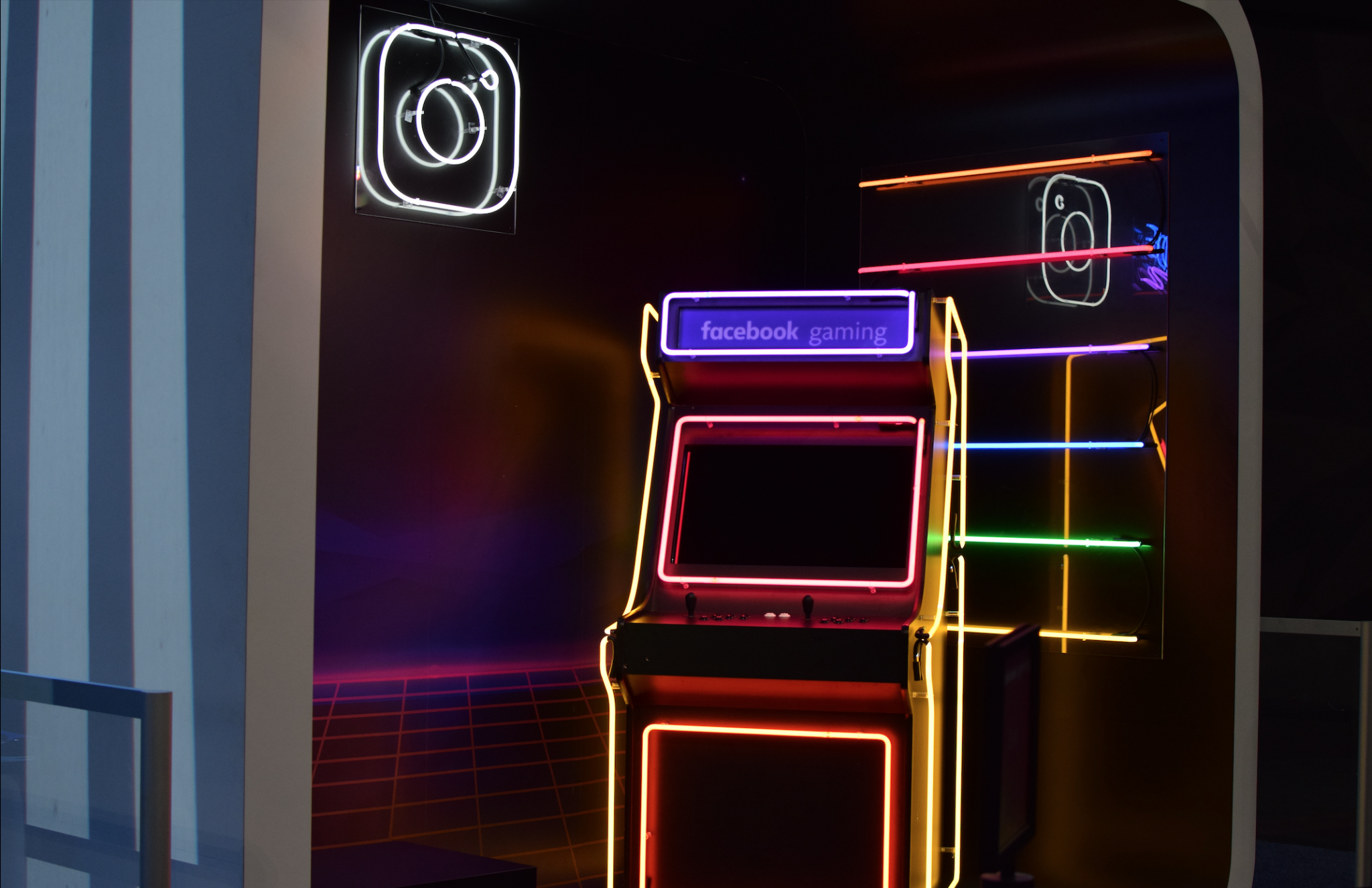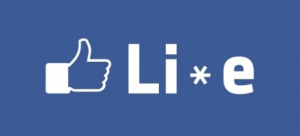Asteria Lending Inc. Unit 306 3/F 6762 National Life Insurance Bldg. San Lorenzo, Ayala Ave. Makati City
We’re Open: Mondays – Fridays
Office Hours:
9:00 am – 7:00 pm
Email:
[email protected]

SOCIAL media giant Facebook banned a Philippine digital marketing company for “repeatedly violating its misrepresentation and spam policies,” the head of its cybersecurity group said on Friday.

Facebook said it removed about 220 pages and 73 accounts, and 29 accounts on Instagram, its photo-sharing app, of Twinmark, which has 43 million followers.
Facebook has continued to root out fake accounts after being criticized for failing to tackle hate speech and misinformation on its platforms.
Facebook’s head of Cybersecurity Policy, Nathaniel Gleicher, noted that Twinmark Media was caught repeatedly violating Facebook’s spam policies and manipulating public information through coordinated inauthentic behaviour, use of fake accounts, and selling administration access to Facebook pages to increase profit.
“We have notified the Philippine government already concerning the ban, but we don’t recommend what the government should do. We are more concerned on removing the violating behaviour from our platform,” Gleicher said.
Some of the well-known pages of Twinmark are “Gorgeous Me,” “Filipino Channel Online,” “Unhappy,” “Text Message,” and “TNP Media.”
About 43 million Facebook accounts followed at least one of these Facebook pages, a majority were from the Filipino community, according to Facebook.
Facebook started investigating these pages as early as November 2018, when it first identified the group selling access to their Facebook pages.
“This is one of the most significant takedowns in the world. We are not just removing the violating behaviour; also, we are removing the entire organization,” Gleicher said.
“When we take action like this, we don’t take action based on the nature of the content of the page … Instead, we’re looking at the behaviour, which is the spam policies and selling of these pages,” he emphasized.
An instance of Twinmark’s violation is the change of its Facebook pages names after garnering a large following, substantially changing the Page’s subject matter—a violation of the Facebook’s policies on misleading and manipulating followers.
Twinmark has not contacted Facebook regarding the issue, Gleicher noted.
“Facebook is continuously looking for these types of behaviour. And as we find these violations, we will take them down,” Gleicher said.
Facebook has taken down over 20 organizations all over the world the previous year.
Filipinos are one of the world’s heaviest users of social media, and the country has been a key battleground for fake news.
The average Filipino spends nearly 4 hours per day on social media — the most in the world —according to Britain-based media consultancy We Are Social.
German database firm Statista estimates there are 73 million Facebook users in the Philippines as of October 2018, the sixth-largest country group.
In October last year, Facebook said it removed a network of 95 pages and 39 accounts in the Philippines, including one with 4.8 million followers, for violating the social media outfit’s spam and authenticity policies.
These include several Facebook pages linked to President Rodrigo Duterte, that it said violated its policies on spam.
The social networking giant said in a statement posted in October that it deleted 95 pages and 39 accounts “for violating our spam and authenticity policies”.
It said the accounts and pages, which were mostly political or entertainment-themed, directed visitors to “low-quality websites that contain little substantive content and are full of disruptive ads”.
“This ban is a small step in the right direction, and we will continue working to find and remove more bad content,” said Facebook.
In April, Facebook blocked some websites that supported Mr. Duterte, but were suspected of spreading fake news.
About 20 confirmed sites with links from pro-Duterte Facebook pages were blocked, with notices citing security issues.
The websites carried false reports designed to help Mr. Duterte. One claimed that the Chinese President Xi made a promised in a recent speech to defend him for pulling the Philippines out of the International Criminal Court.
A recent study by the University of Oxford found that his camp spent about US$200,000 (S$276,000) to mobilize an army of “keyboard warriors” who turned him into the “undisputed king of Facebook conversations” during the 2016 elections. He was the subject of over 64% of all Philippine election-related conversations on the site.
Facebook’s stricter line on fake news comes amid issues on the company’s efforts to protect users’ data, as well as accusations that the platform has been used as a tool to influence elections and endanger democracies through the spread of false and divisive content.